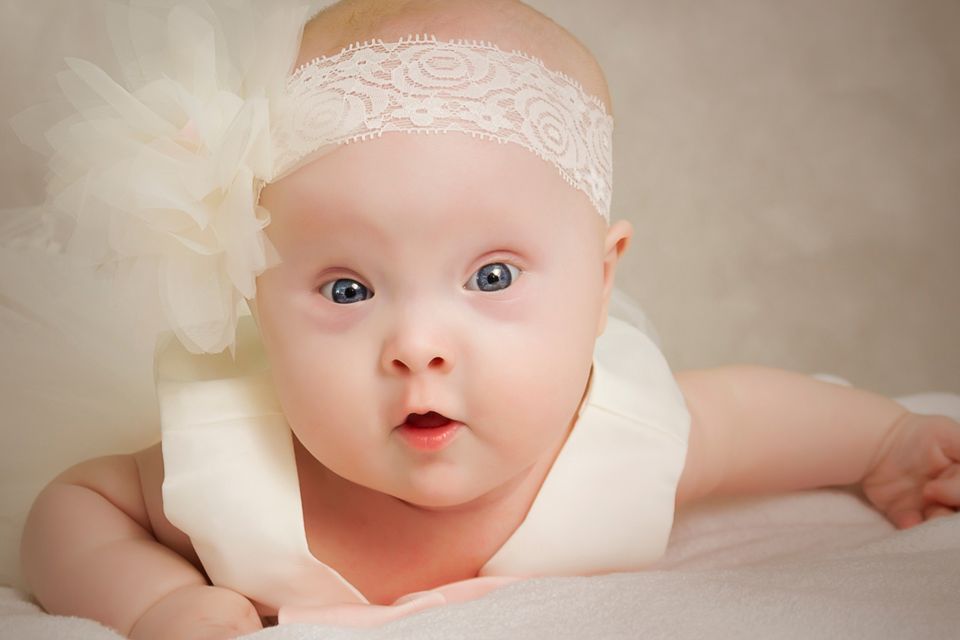Baby boom on the wane as country's birth rate slows down
The population is still on the rise as deaths fall quicker than births
THE baby boom is continuing to wane with some maternity units seeing a substantial fall in births in the first four months of the year, new figures show.
There were 21,587 births in the first four months of the year, a drop of more than 240 compared to the same period in 2012 when the trend was also downwards.
Although some areas are seeing a small rise in births, areas such as South Tipperary General Hospital has experienced a fall of more than 14pc. There was a drop of more than 8pc in Kerry and in excess of 6pc in Galway and Letterkenny.
Others areas which are seeing a decline are Cork University Hospital and the "commuter belt" areas of the Celtic Tiger era, Cavan and Co Louth, the Health Service Executive (HSE) figures reveal.
Some hospitals are bucking the trend but the percentage increases are smaller including Mullingar, up 3pc and Portiuncula maternity unit in Galway which is under threat where births are up 4.6pc.
The birth rate was around 68,000 last year and it stood at 72,000 in 2012, down 3.2pc on 2011. The birth rate peaked in 2009 when 76,000 were born, although the economy was in decline.
Ireland's birth rate remains the highest in Europe but the drop is set to have implications for the future of some maternity units which are part of a national review.
Questioned in the Dail about the review, Health Minister James Reilly said his department, in conjunction with the HSE, is preparing a new national maternity strategy.
It aims to provide the "strategic direction for the optimal development of" safe and high-quality maternity services.
"The commitment to develop a maternity strategy arises from my acceptance of the recommendations of the Health Information and Quality Authority( HIQA) report into the death of Savita Halappanavar," Mr Reilly said.
Care
"That report recommended that a strategy be developed to implement standard and consistent models for the delivery of a national maternity service that reflected best available evidence to ensure that all pregnant women had appropriate and informed choices and access to the right level of care and support.
"The strategy will incorporate a review and evaluation of our current maternity services. This will give us the opportunity to take stock of the services that are provided to women and their babies in our 19 maternity hospitals."
He said it would also help to identify how the health service could improve the quality and safety of the care provided.
It is intended to finalise the new strategy by the end of this year.
Asked by Independent deputy for Roscommon Denis Naughten about a controversial review of services in the west of Ireland which suggested the closure of the unit in Portiuncula as an option, Dr Reilly said he would not prejudge the situation.
"The national maternity review being conducted by my department is nowhere near finalised. I have made it clear on the floor of the House that, while the report commissioned by the west-north west group may be used to help inform the national review, it has no status in and of itself.
"My department is conducting the review to ensure safe and comprehensive services while observing the underlying principle of our health policy, namely, that patients should be treated as near to home as possible in a safe, timely and effective manner," the he added.
Join the Irish Independent WhatsApp channel
Stay up to date with all the latest news















